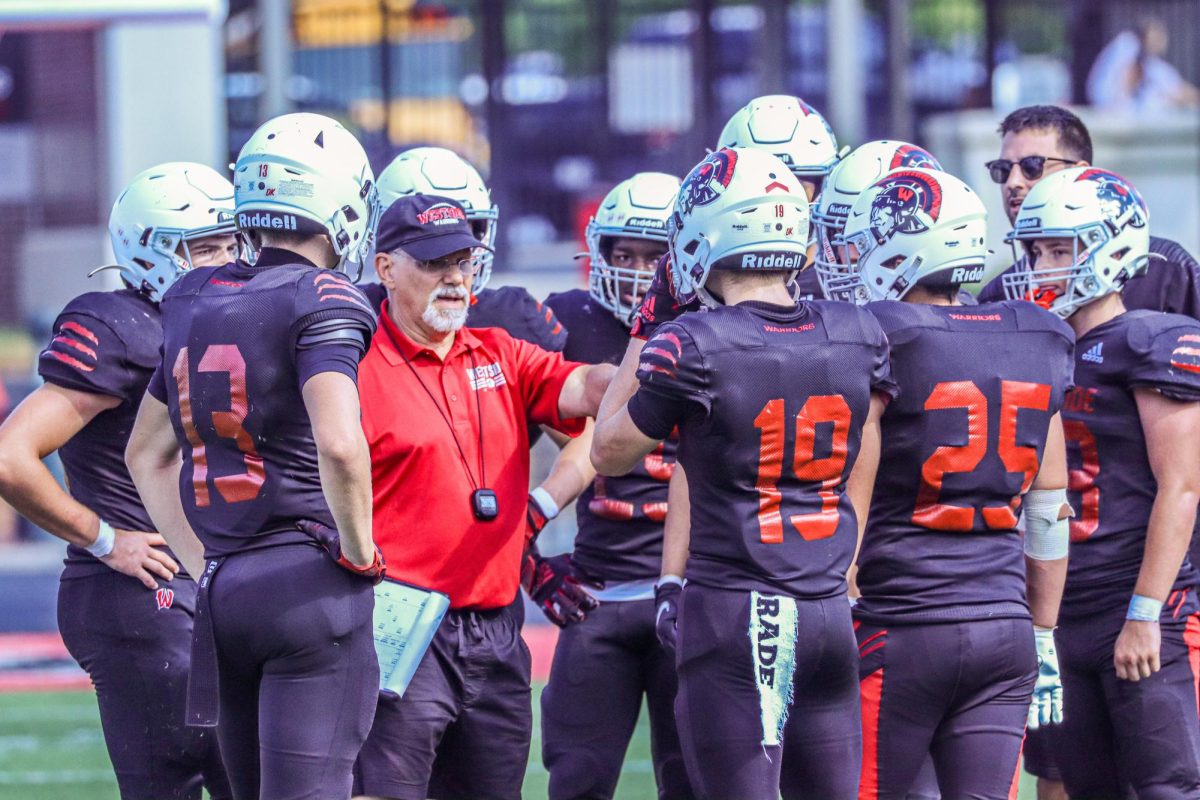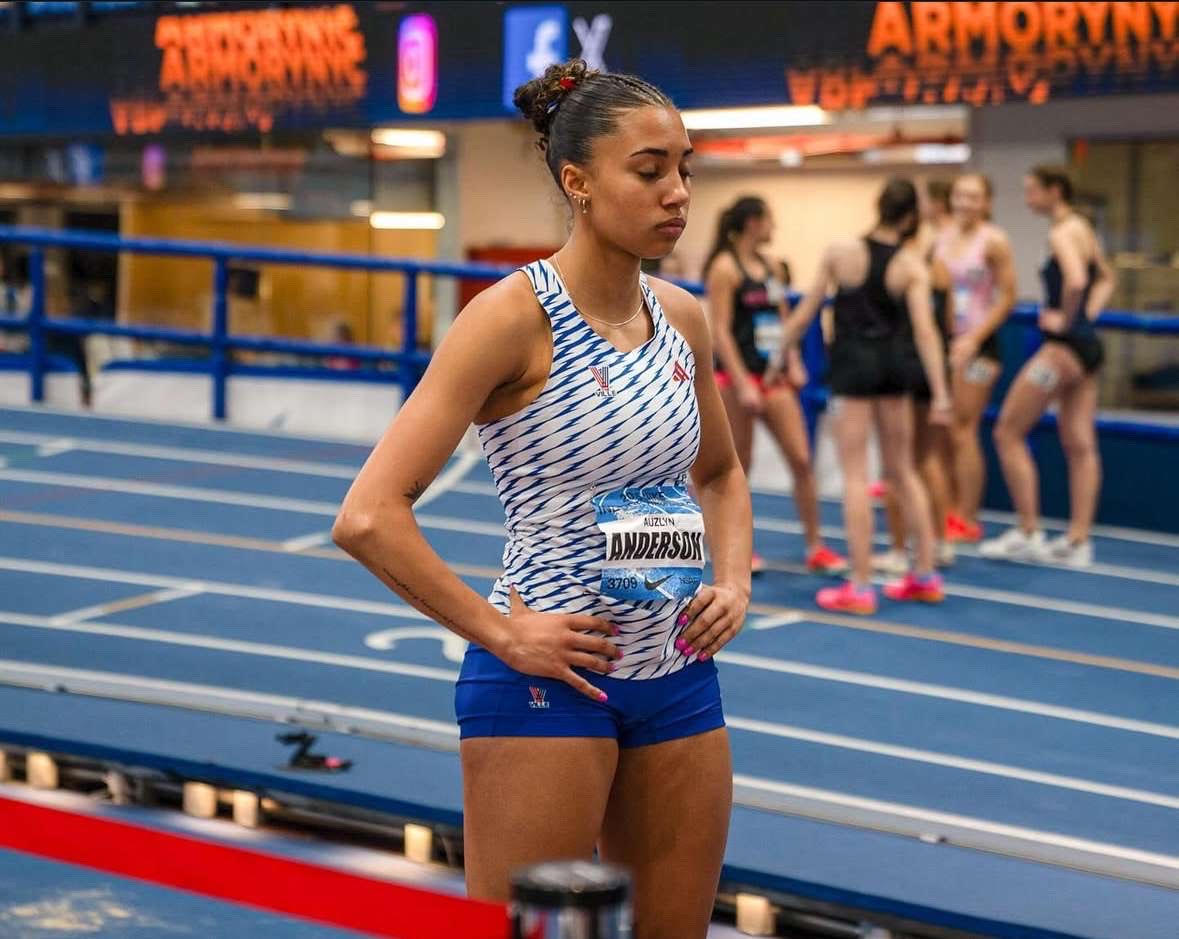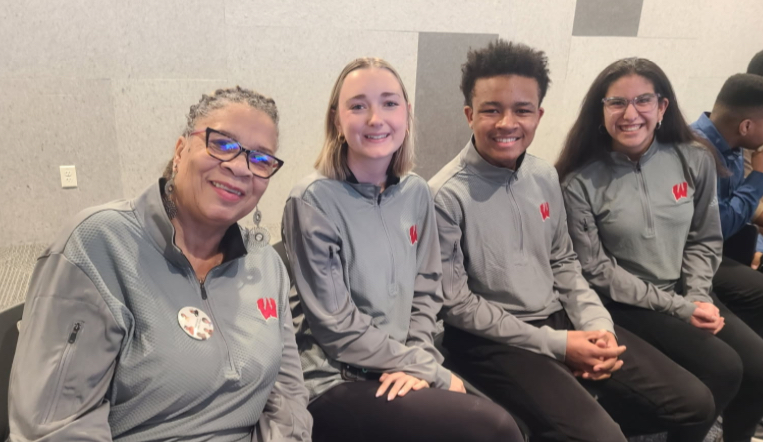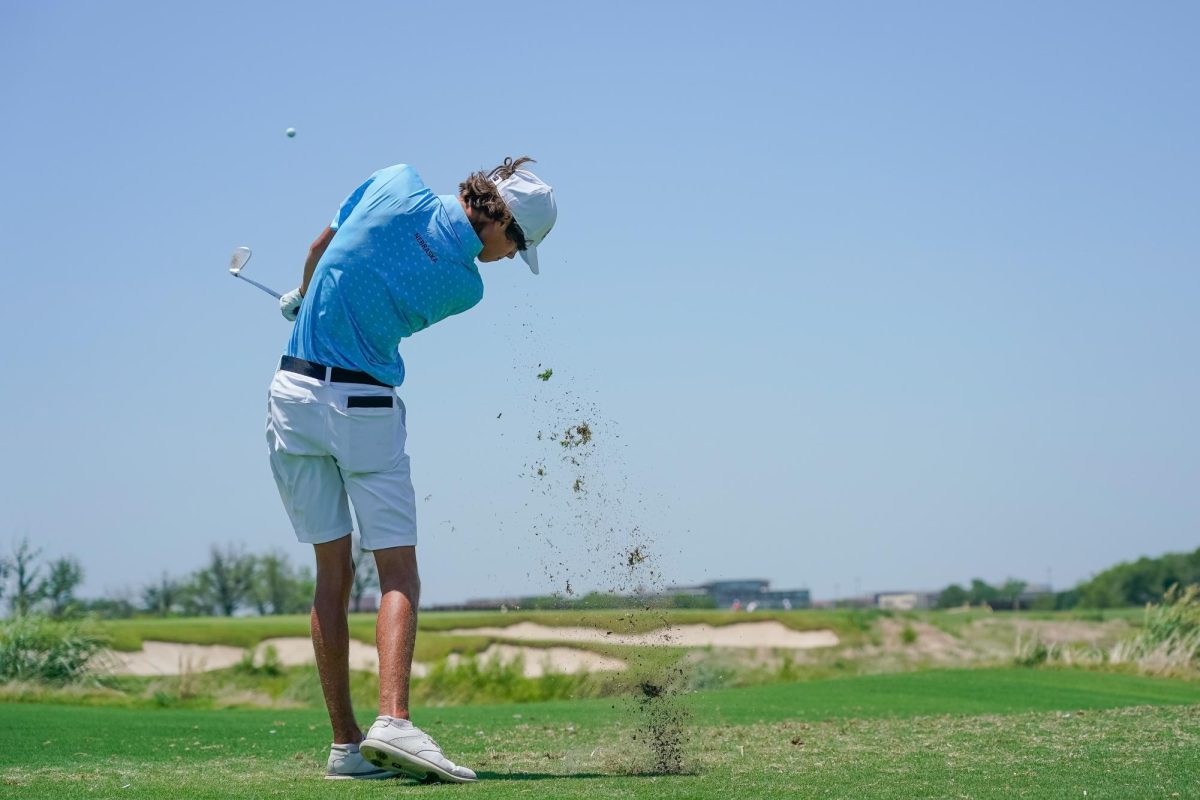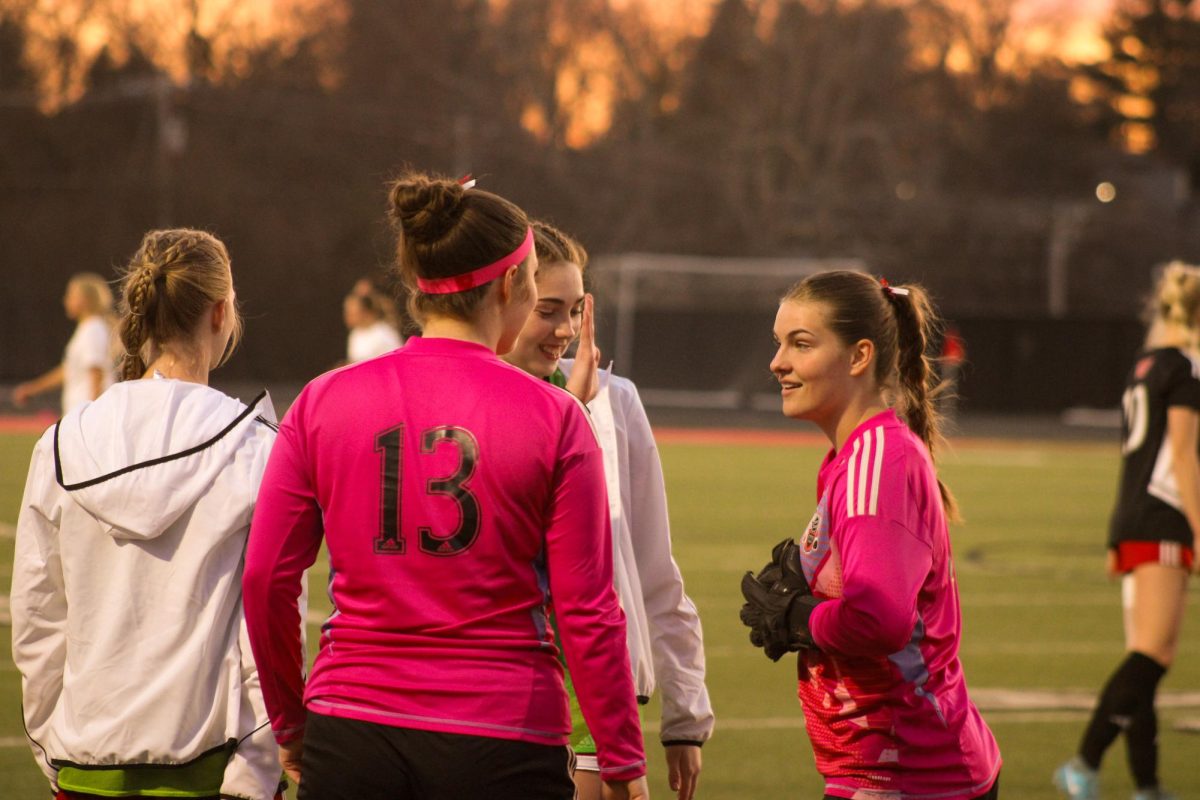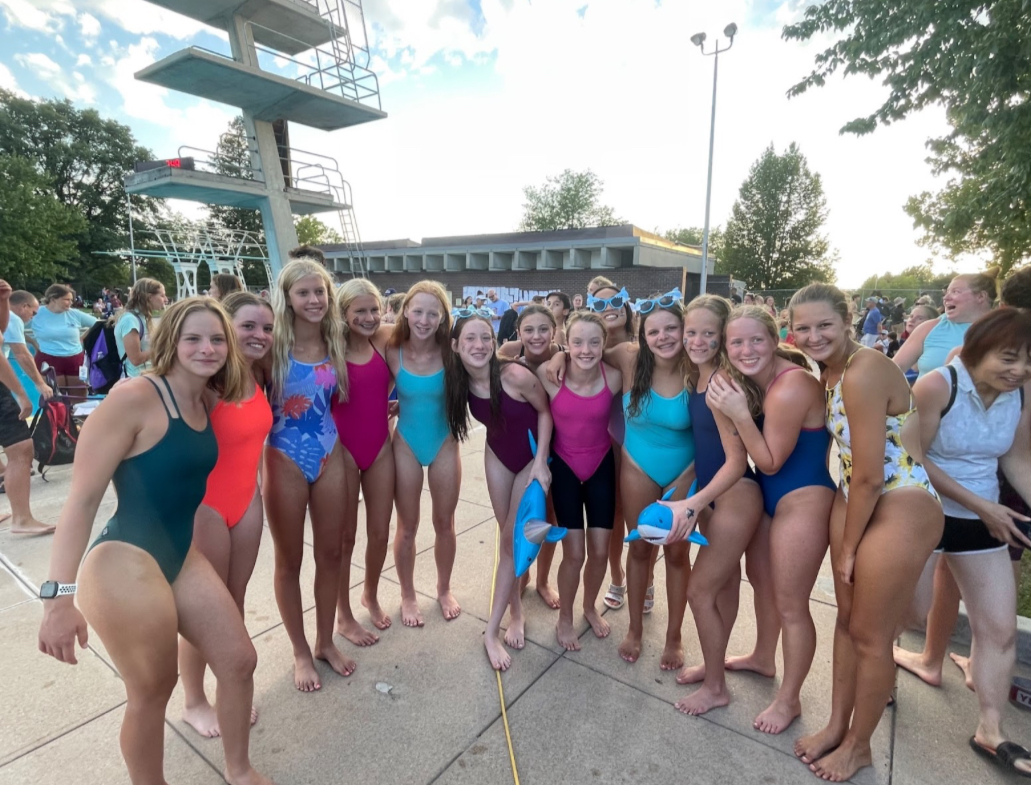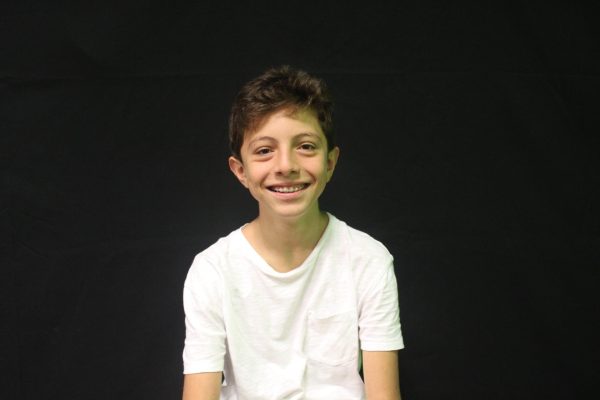From special agencies to special teams, coach Garet Moravec, the ‘Wizard of Westside’ has worn many hats throughout his professional life.
Prior to working at WHS, he worked with the FBI, CIA and NSA, which ultimately helped his coaching career at Westside.
Moravec attended college for a degree in sports psychology. After graduation, he decided to join special agencies.
“My father had worked for the government, so I decided I was going to work for the government for a while,” Moravec said.
While he was living and coaching in Washington, Moravec hired a contractor from Lockheed Martin to work on his network to protect data.
“Lockheed Martin is the biggest defense contractor in the world,” Moravec said. “After three years of them helping me, they got to know me really well and they said, ‘Hey, would you like to come and work for us?’”
After working with Lockheed Martin for a while, Moravec was accepted into the Secret Service before moving on to other special agencies.
“They said, ‘We want you to work on some classified programs that we’re doing with the CIA, and the FBI and the Department of Defense,’” Moravec said.
During his time working in these special agencies, Moravec had the opportunity to be involved in making major decisions because of his behavioral science background..
“They really needed those skill sets,” Moravec said. “I led a group of people in Information Operations, which is a mix of psychology and technology.”
Through honing this skill set, Moravec was able to help troops be more strategic and safe during combat.
Moravec now serves as the special units football coach and is the director of the peak performance program at Westside High School.
“Small details are important, take this example, in football, we play games that are called misdirections, or we run fakes,” Moravec said. “Those are things that are played out, just like in the real world.”
He added that, if players can trick their opponents by making them think that one play will happen, but then execute another, the players will have a better advantage.
“If the opponents think that we’re going to kick off deep. Instead, we do an onside kick, or we do what I call a bullet kick, or we do a pooch kick, they all look the same until the balls are kicked,” Moravec said. “It’s not what we expected as an opponent, which gives us a better advantage.”
Moravec also explained that the small mistakes can cost a lot and people can use psychological influence as an advantage.
“Let’s start watching that instead of the snap. We wait one or two seconds to count to two. Just because he does that doesn’t mean you have to snap,” Moravec said. “That’s an example of using psychological influence to influence the guys to jump offsides.”
Moravec also discussed that sometimes choosing to do something different from others can have a positive result, even if others have doubts. He referenced Olympic gold medalist Dick Fosbury.
“Did you know in 1968, everybody went over forwards, except Fosbury? He said, ‘I think I can get higher by going over backwards.’ And everybody made fun of them. And guess what? He won the gold medal.”
From special agencies to special teams, Moravec has always sought to help others achieve their gold medal in every endeavor.


